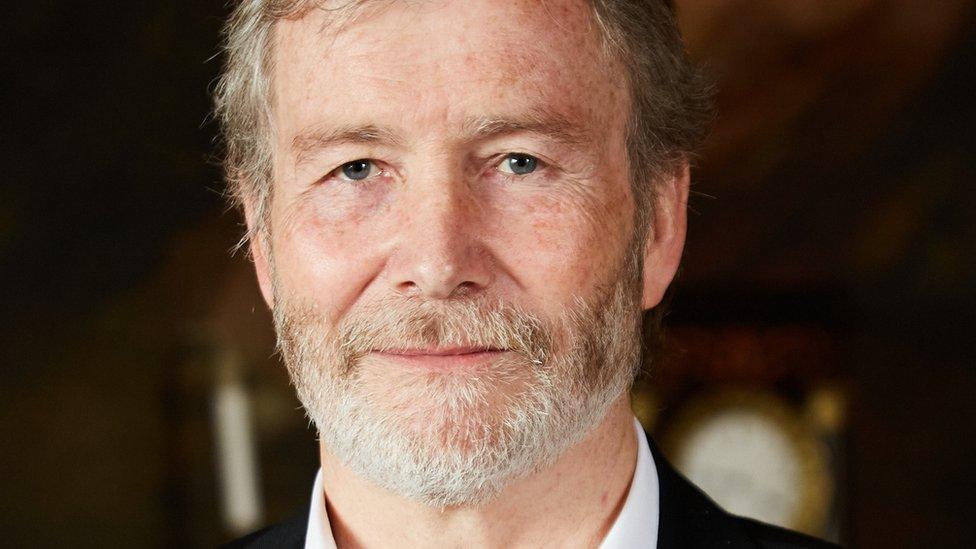Music group expands to help neurodiverse people

Music lovers, who have a range of neurodiverse conditions, are welcome to bring along their own instruments to the Open Access sessions
- Published
A music group is expanding its repertoire to help people with autism, ADHD and dyslexia overcome "barriers".
Social enterprise Swell Music CIC has been running sessions for those with dementia, Parkinson's and lung problems, but it now wants to help people who are neurodivergent to create music.
The Open Access sessions will be held fortnightly at The Shrublands community centre in Gorleston, Norfolk, and The Seagull theatre in Lowestoft, Suffolk, following grants from the theatre and Arts Council.
"Often people with autism and ADHD have a special talent, but barriers can prevent them from doing the things they enjoy because of anxiety and mental health issues," said founder Helen Barnes.
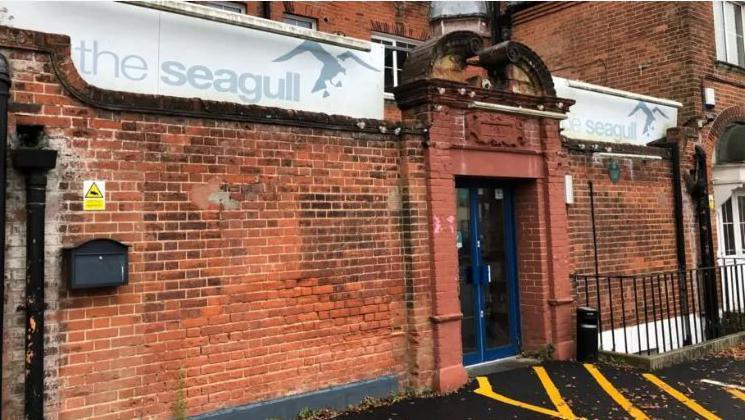
Sessions are held each fortnight at The Seagull theatre and The Shrublands in Gorleston, near Great Yarmouth
"It's an opportunity for people to come along into a safe space - and where people understand what some of the challenges are for those who are neurodivergent - and just have a go and connect with others," added Ms Barnes.
"Some people may have made music before, and other people will just be coming along for the first time, so you can bring an instrument, bring a friend, and we've got a very friendly welcome too."
People who are neurodivergent often do not process or learn information in a typical way.
Ms Barnes, who also works as a music co-ordinator for Lowestoft's First Light Festival and has run a recording studio, said she had seen people's wellbeing flourish due to taking part in other sessions she had led.
She said the groups also offered music lovers a different opportunity to get involved in learning.
"If you think about the school environment, a lot of people with neurodivergent conditions, such as autism and ADHD, just can't function in those places," said Ms Barnes.
"Those places... have lots of movement and noise and unexpected things happening, so it's very nice to have a very consistent, calm space that they can come into - [they] know who's going to be there, know what to expect, and it also hopefully gives them the confidence to express themselves."
Sessions at The Shrublands run on alternate Wednesdays between 10:00 and 11:30 BST and at The Seagull between 13:30 and 15:00, with no need to book.
Get in touch
Do you have a story suggestion for the East of England?
Follow East of England news on X, external, Instagram, external and Facebook: BBC Beds, Herts & Bucks, external, BBC Cambridgeshire, external, BBC Essex, external, BBC Norfolk, external, BBC Northamptonshire, external or BBC Suffolk, external.
Related topics
- Published4 September 2024
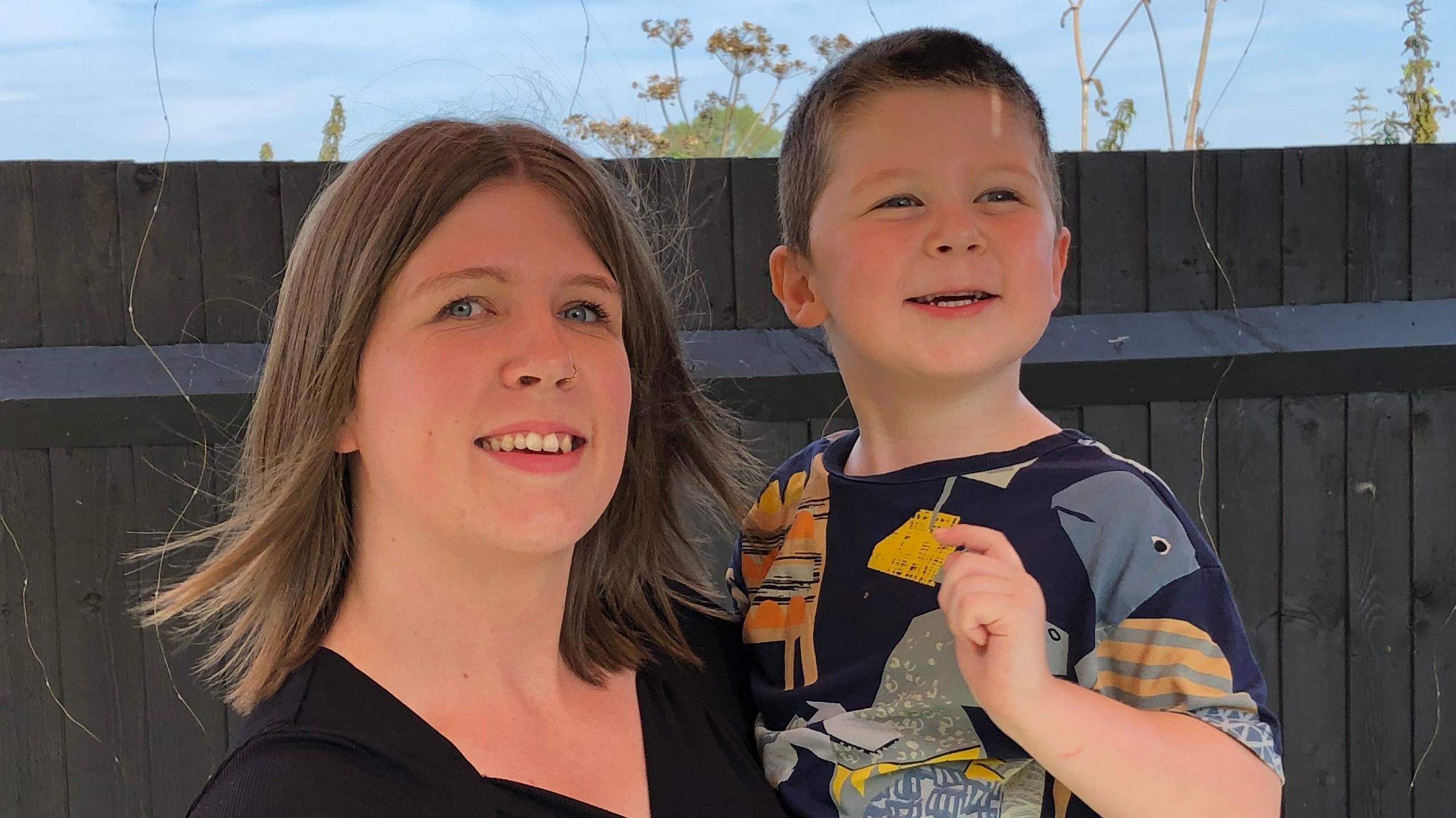
- Published23 September 2024
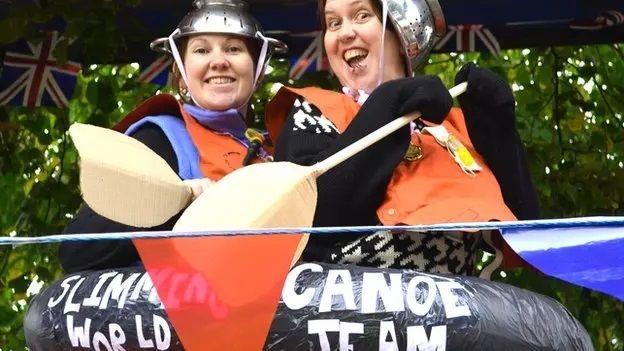
- Published24 June 2024
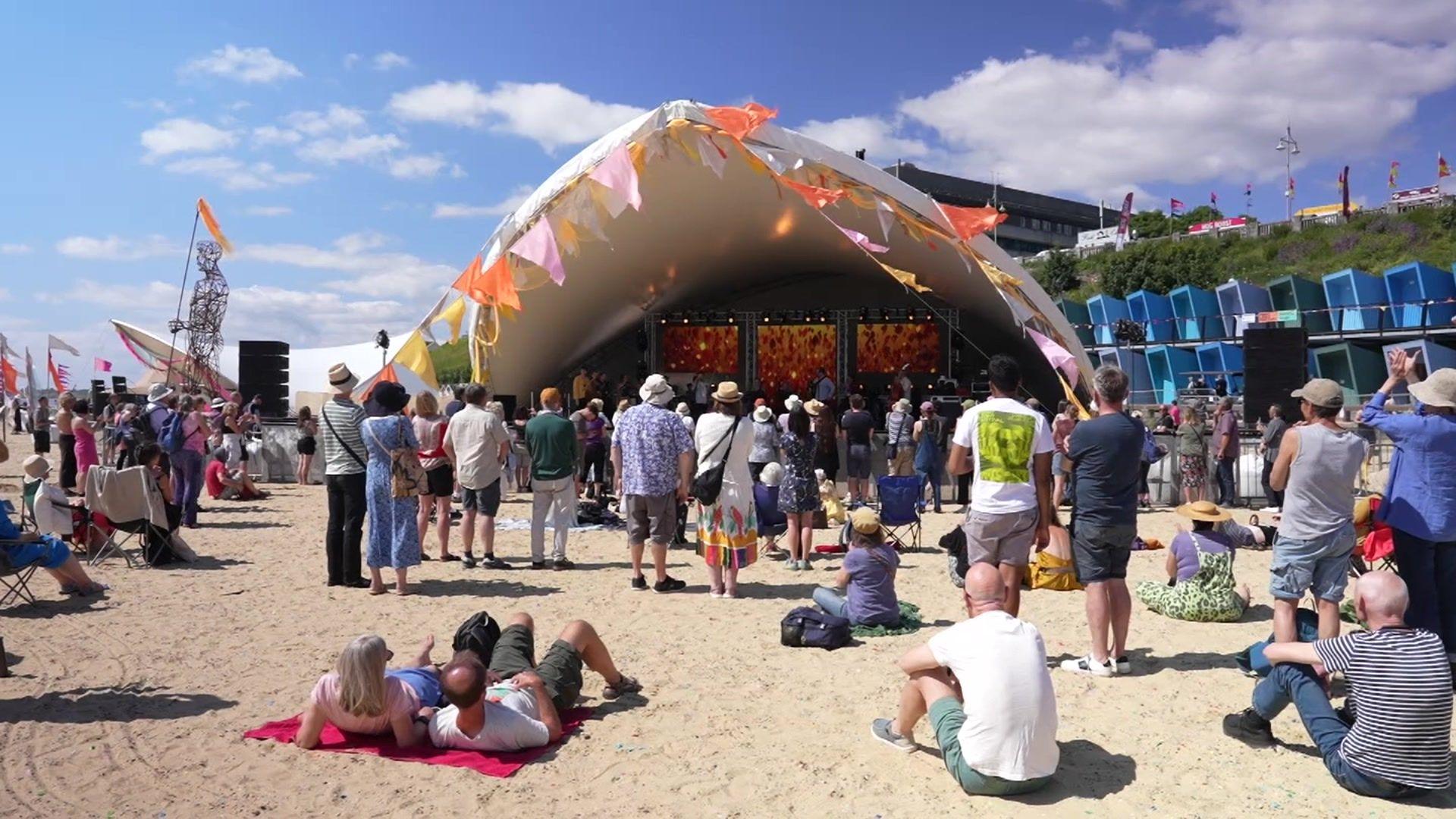
- Published12 October 2023
